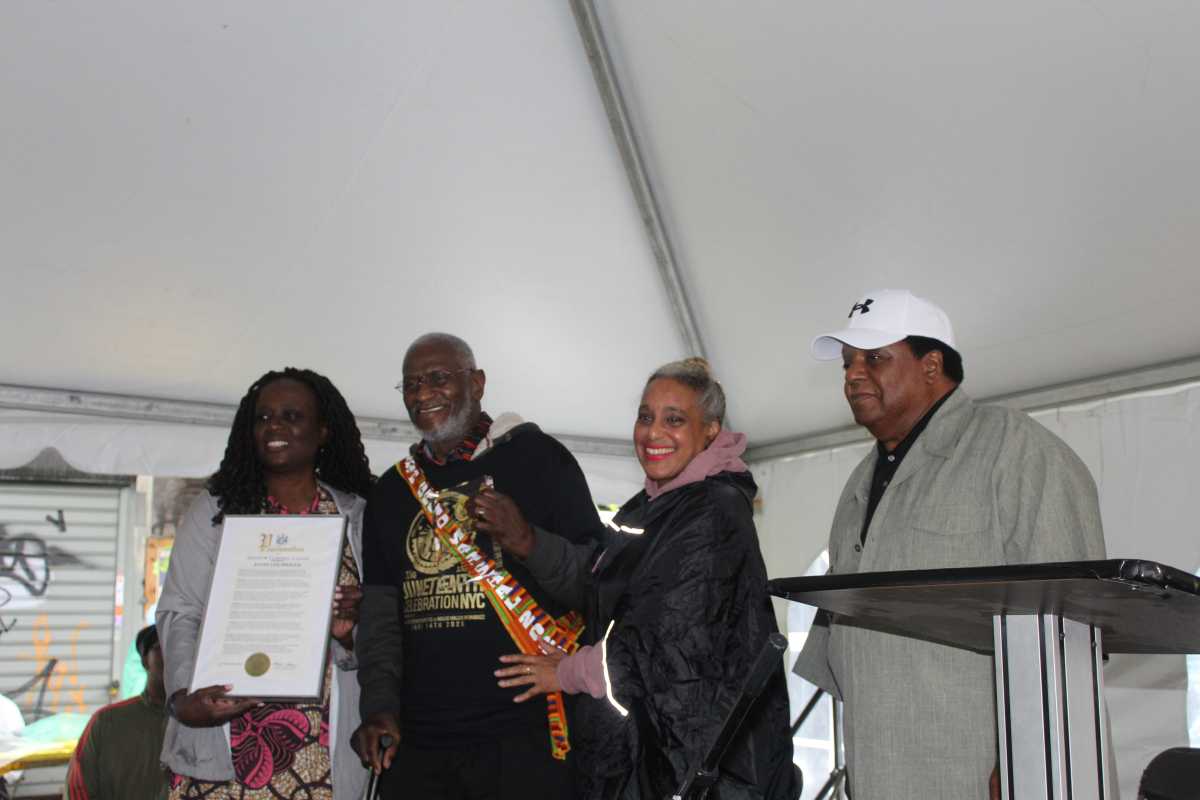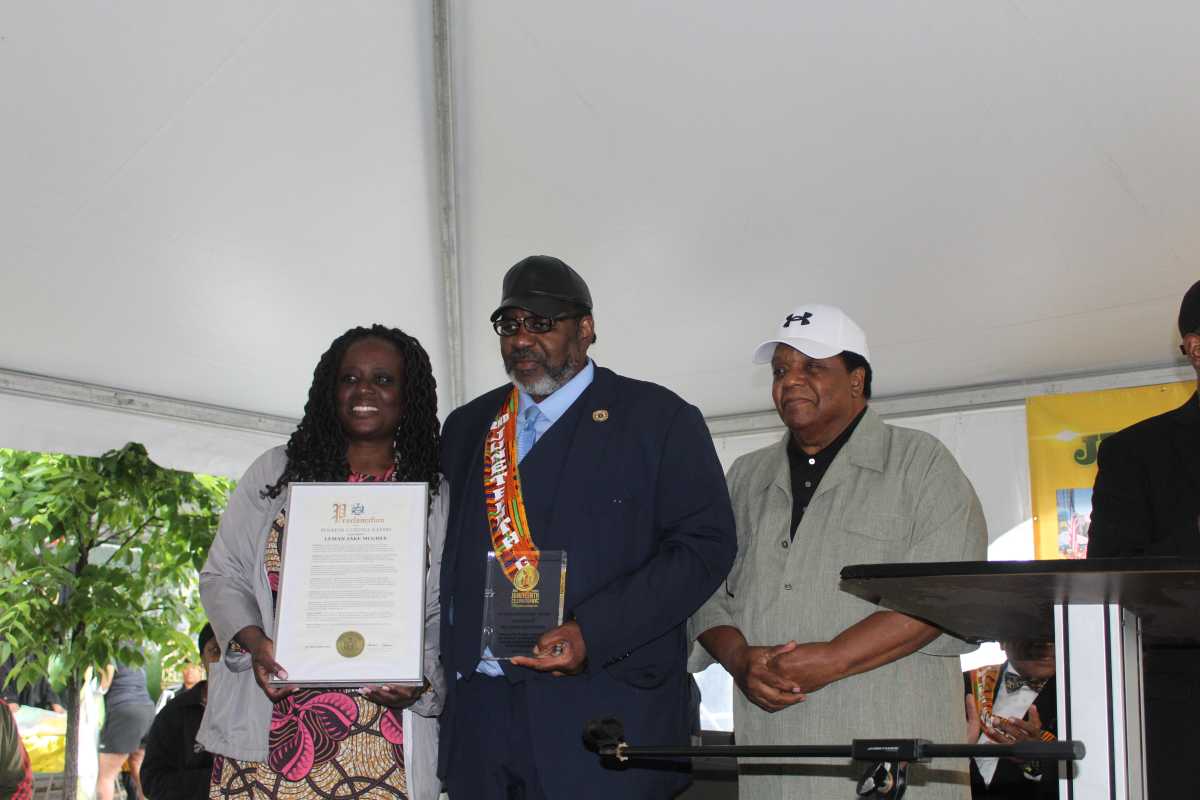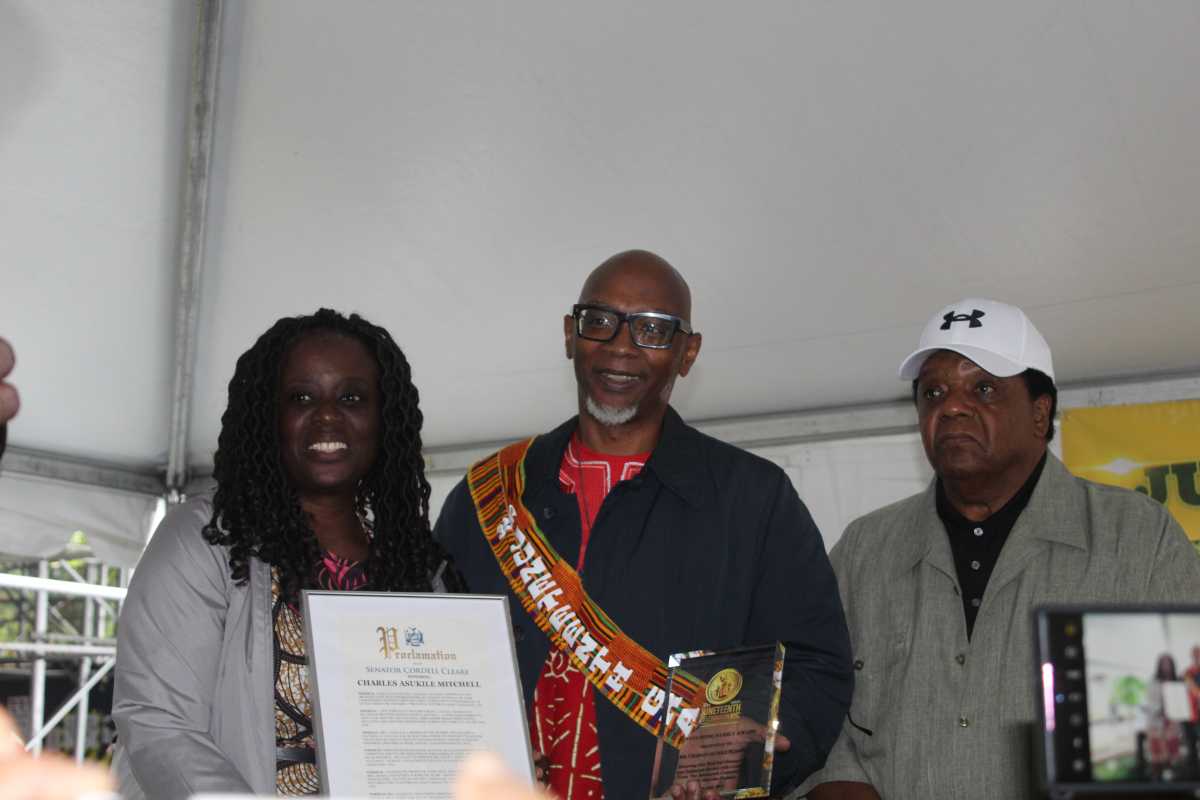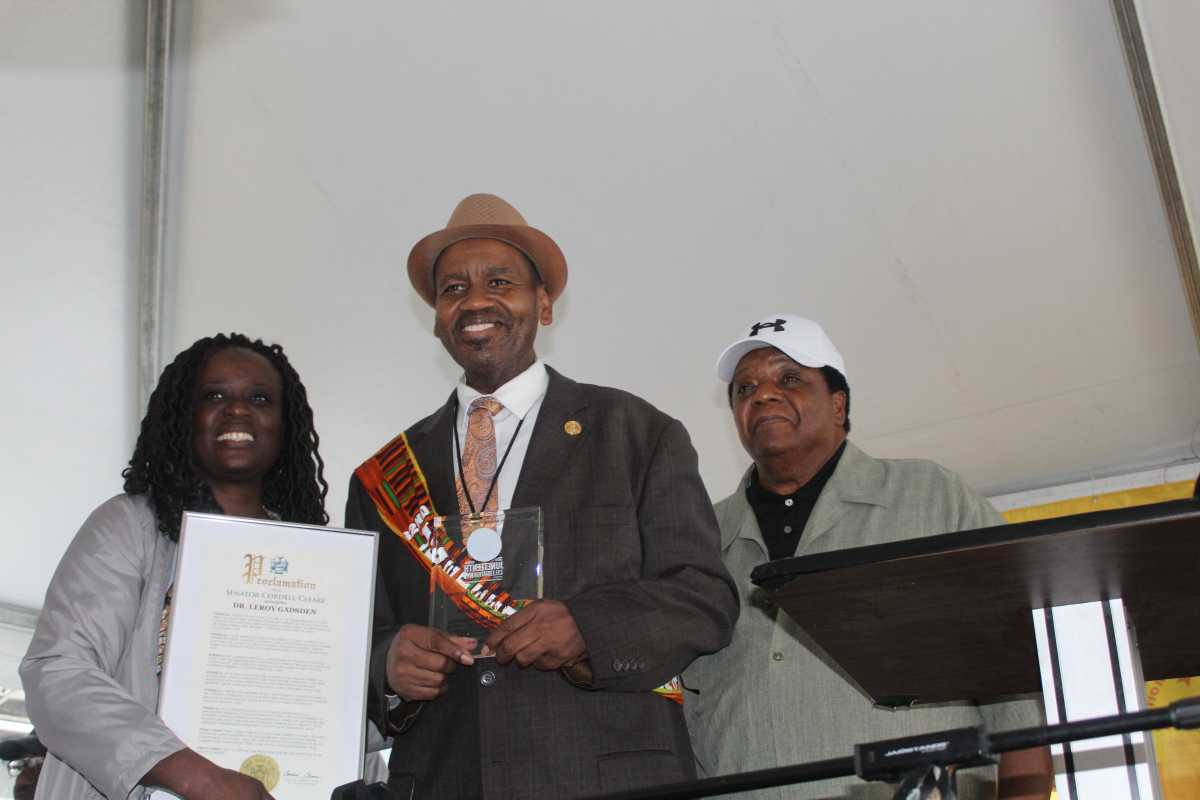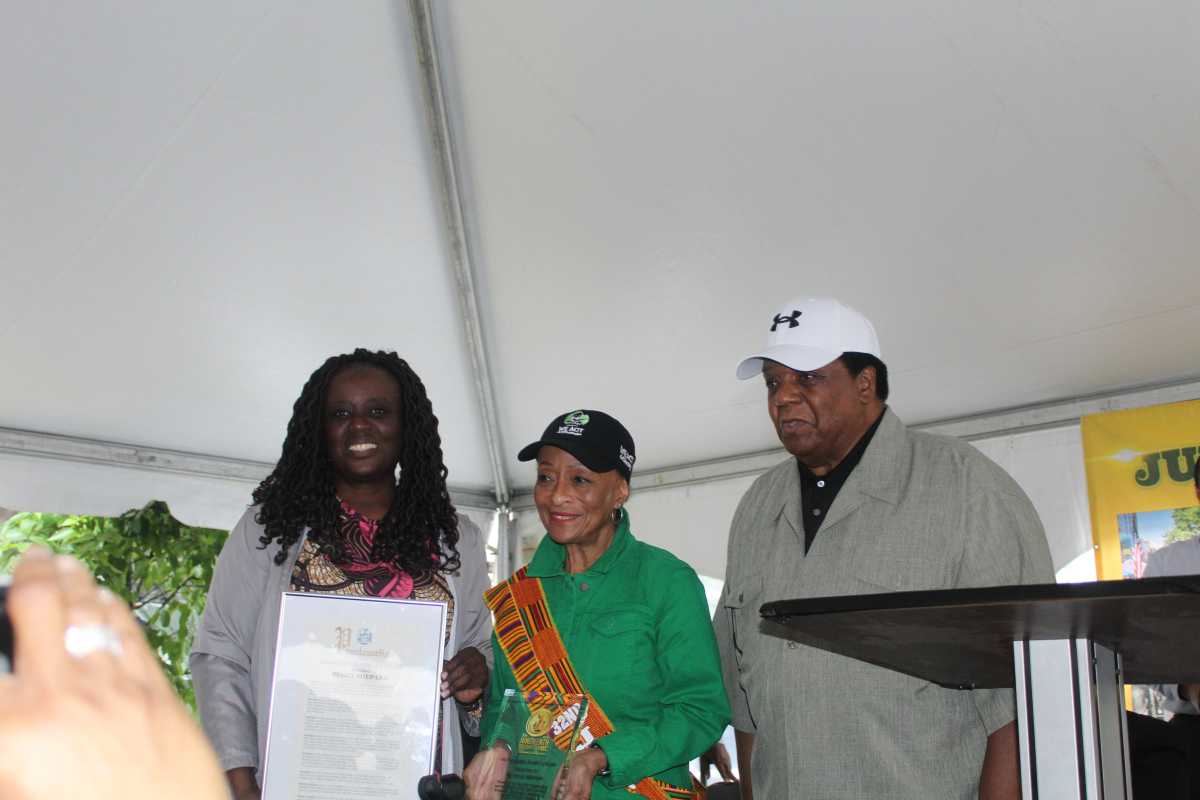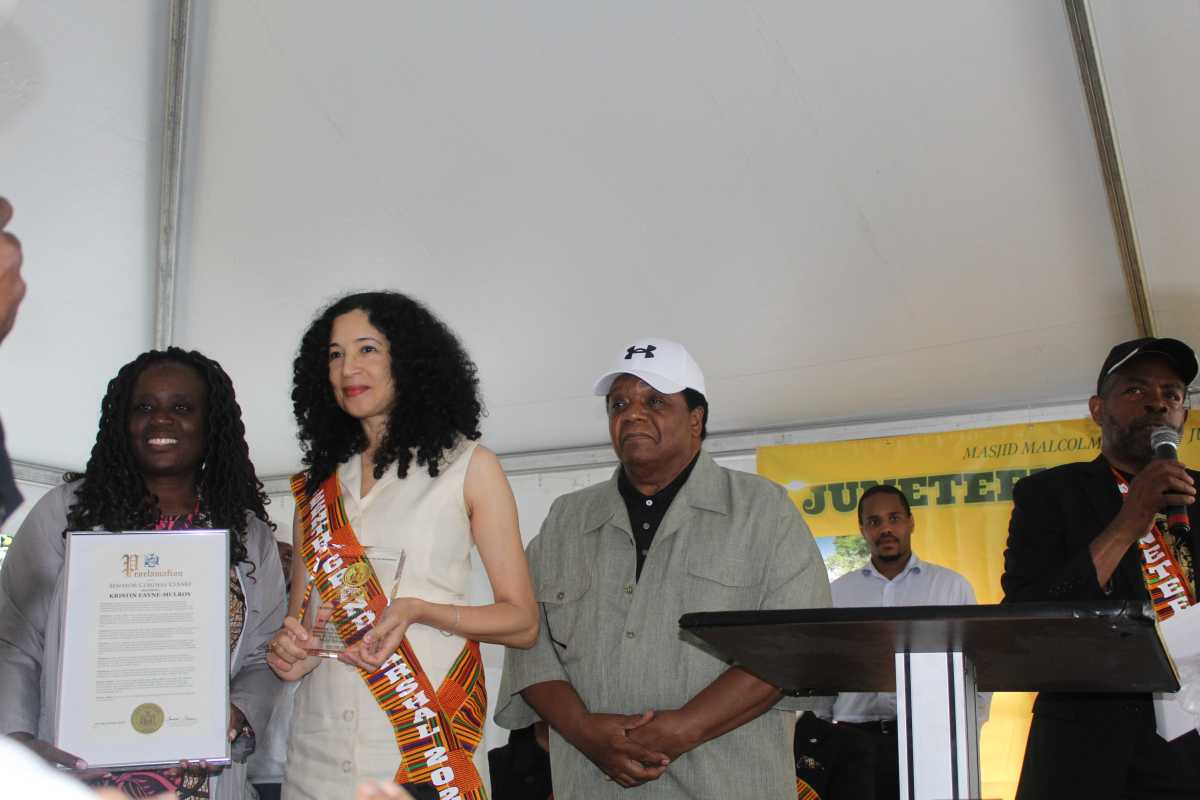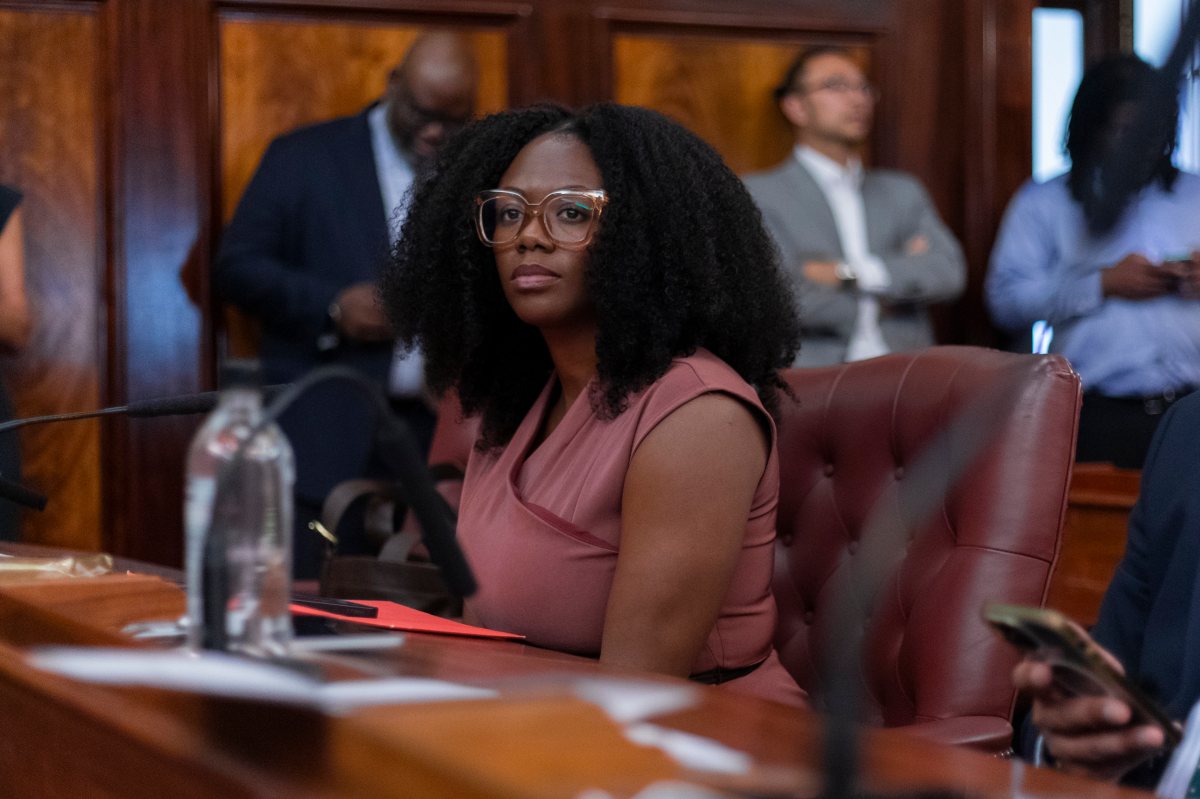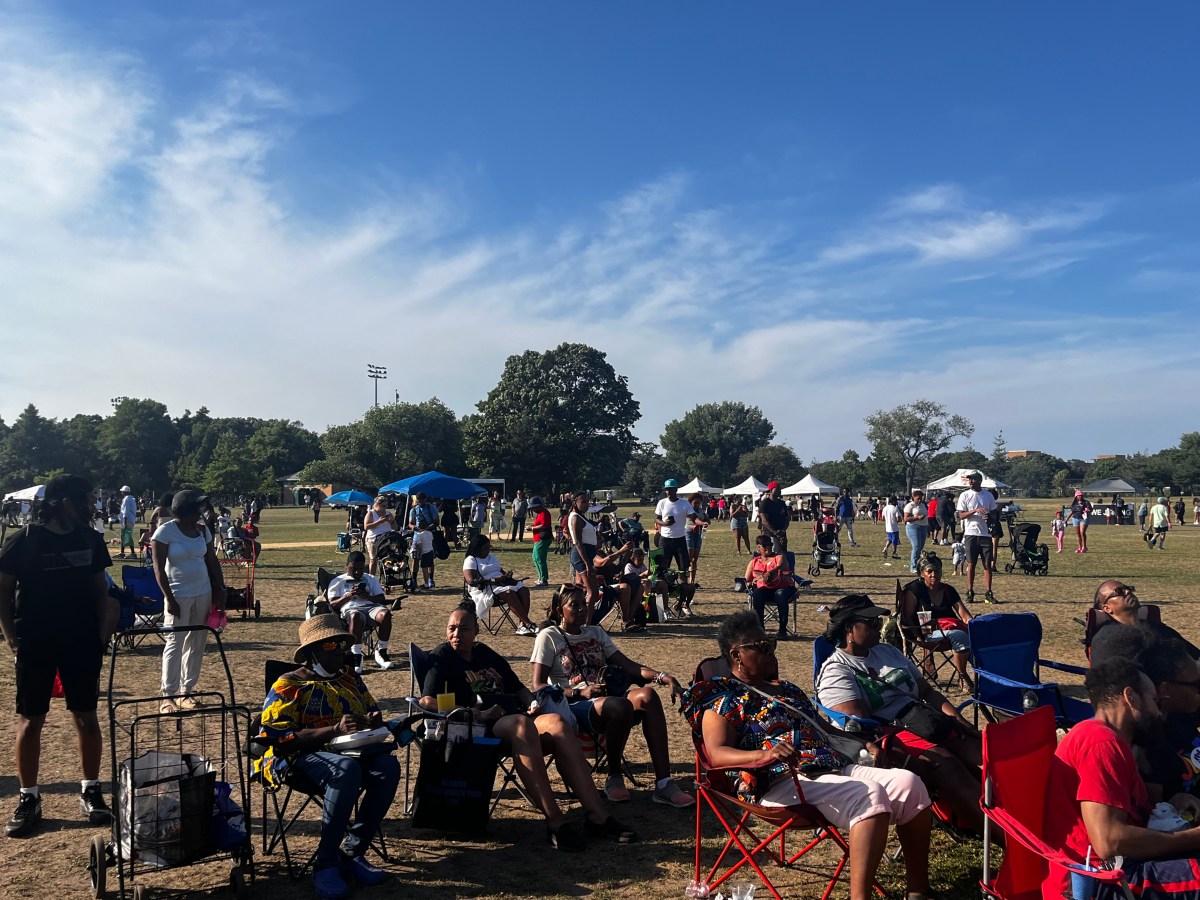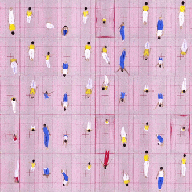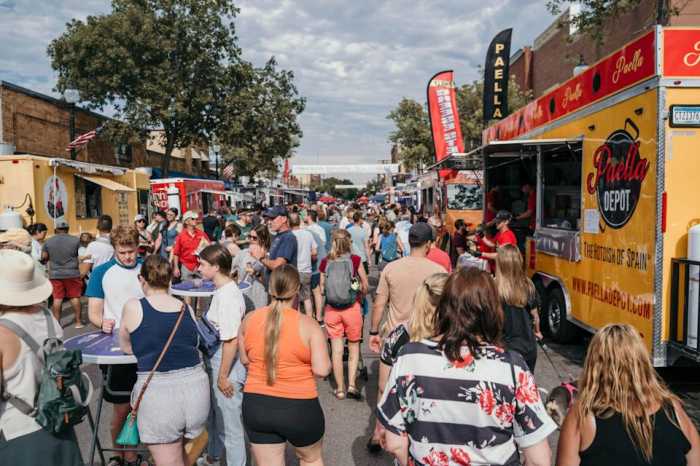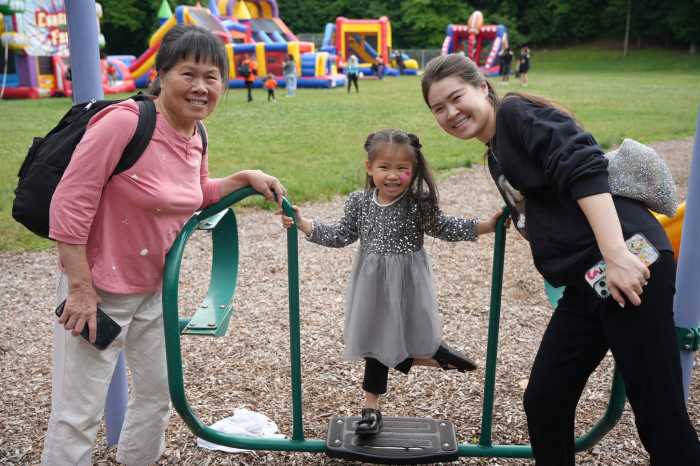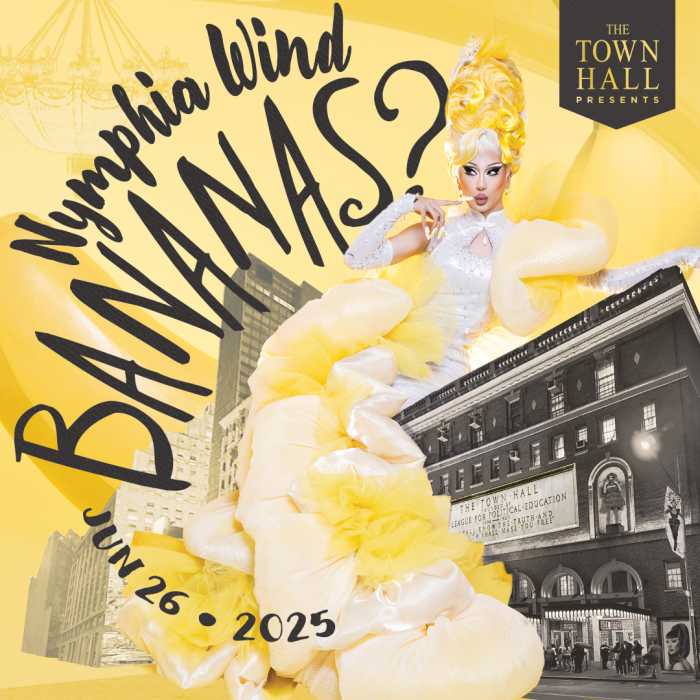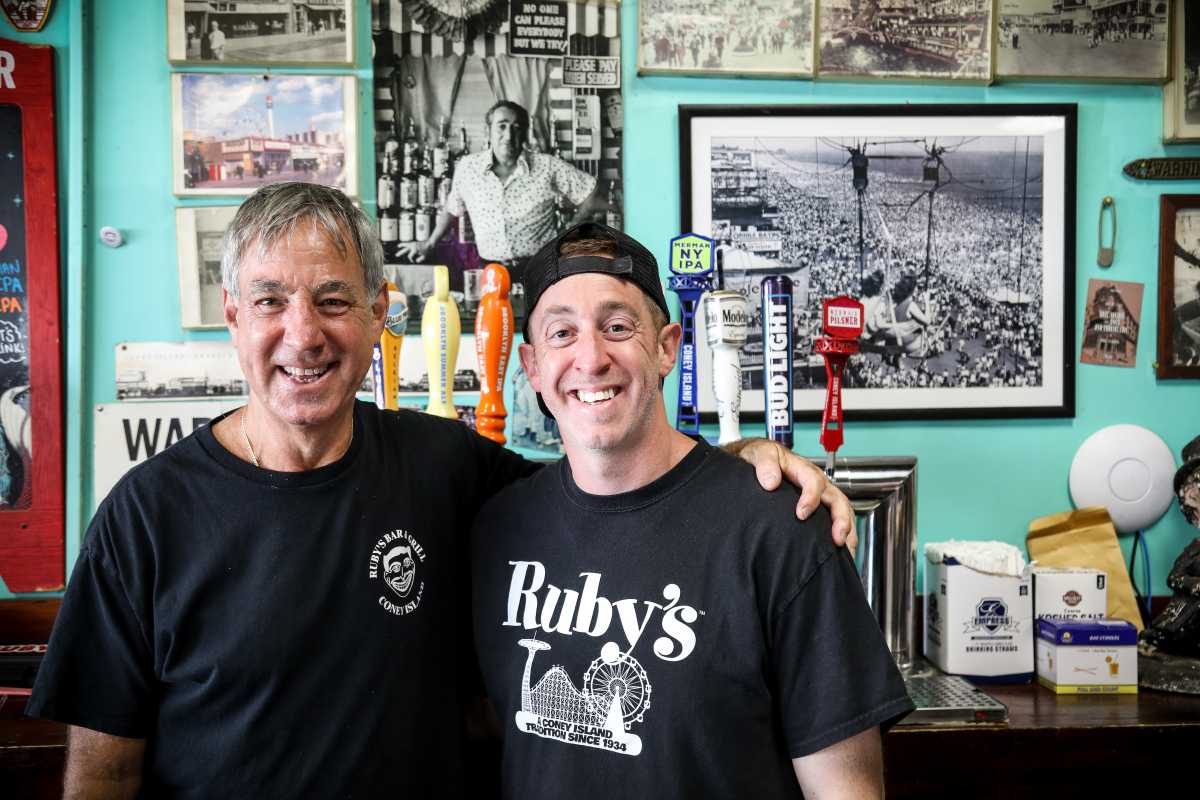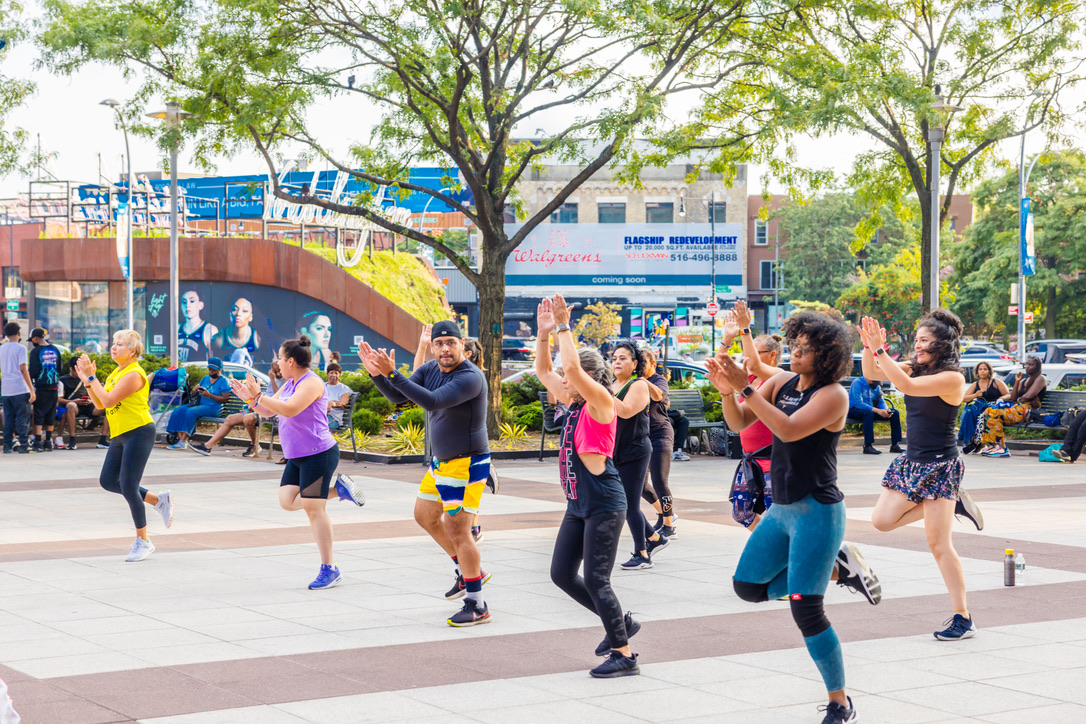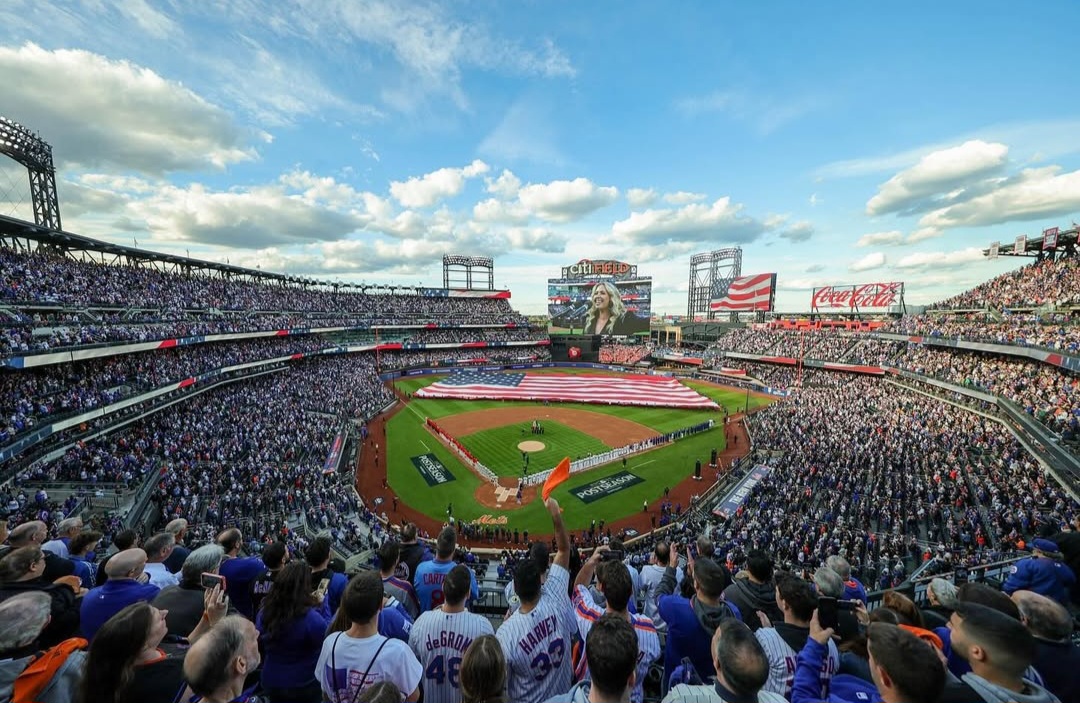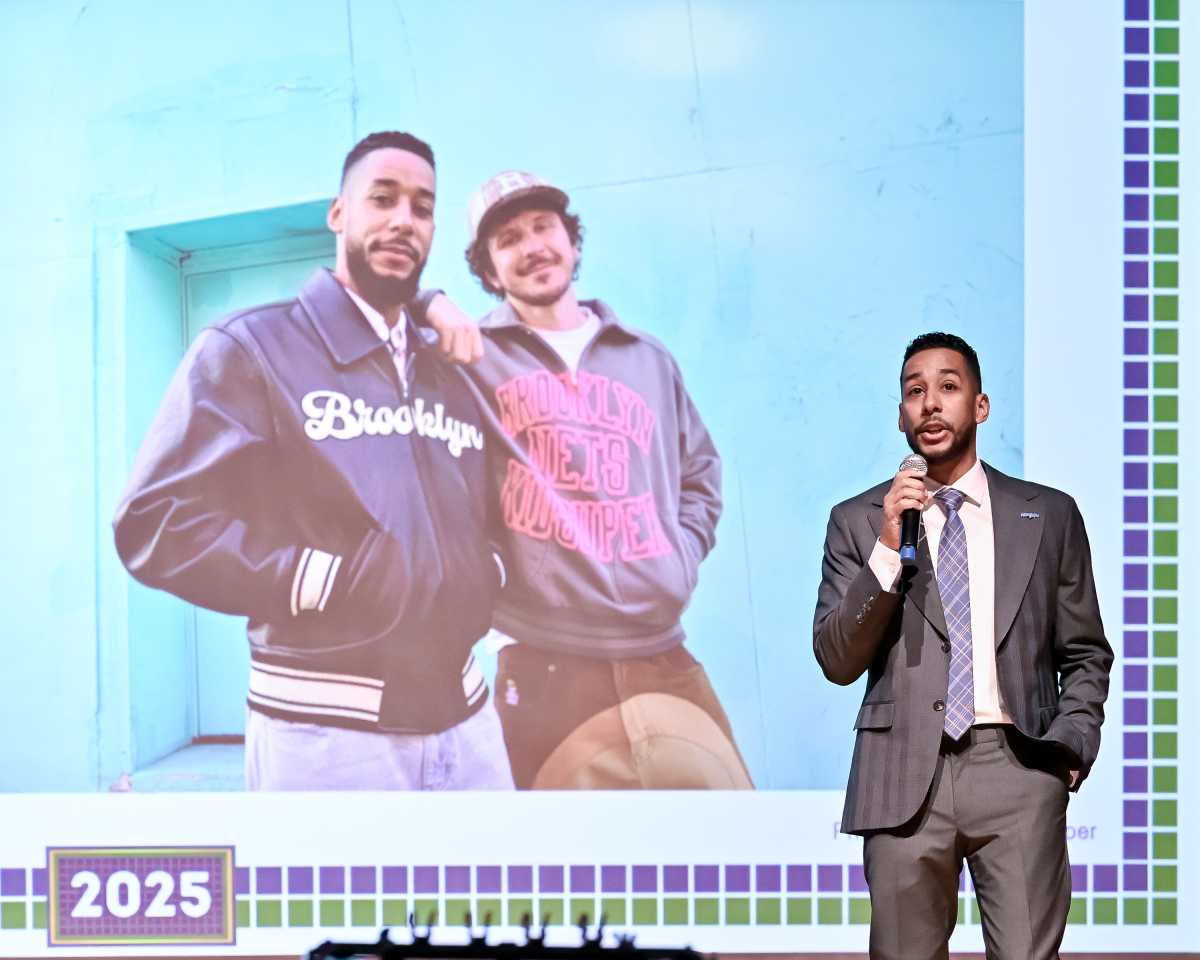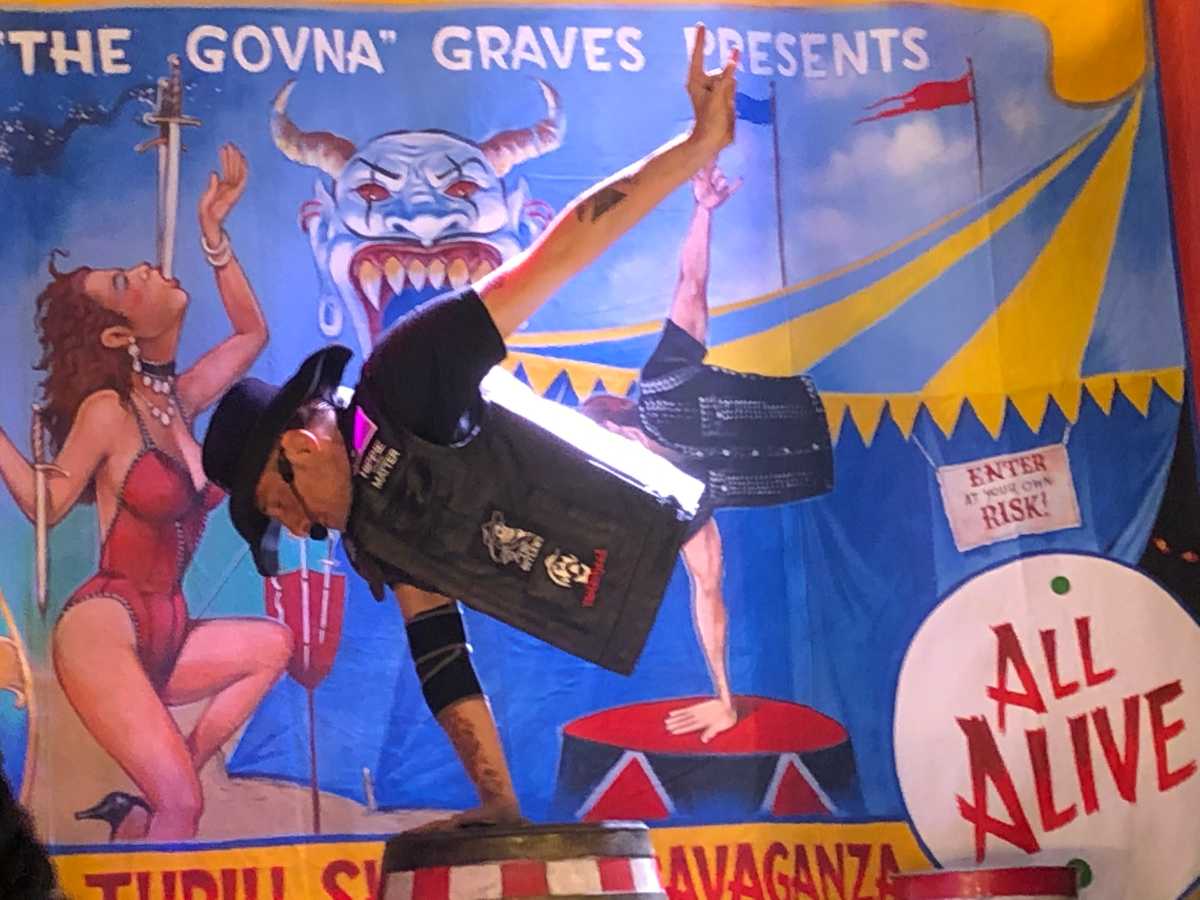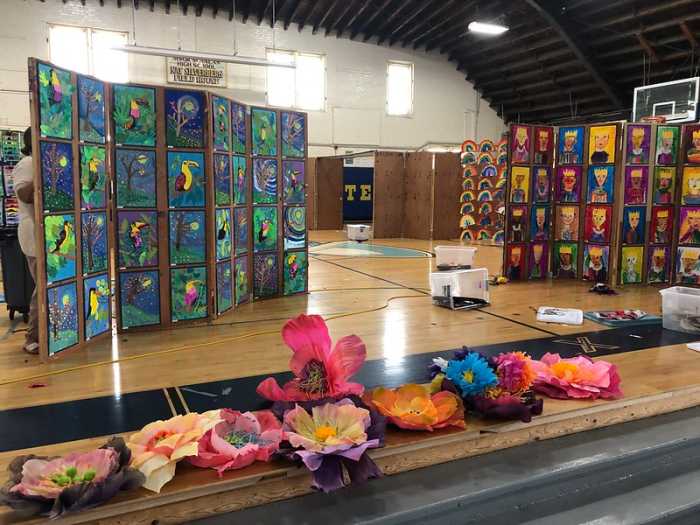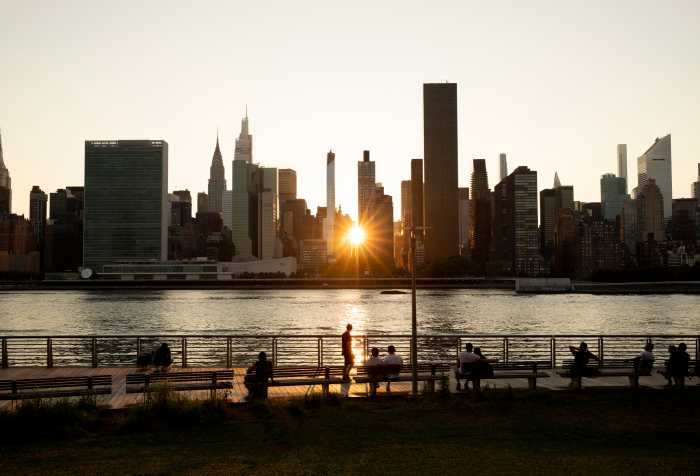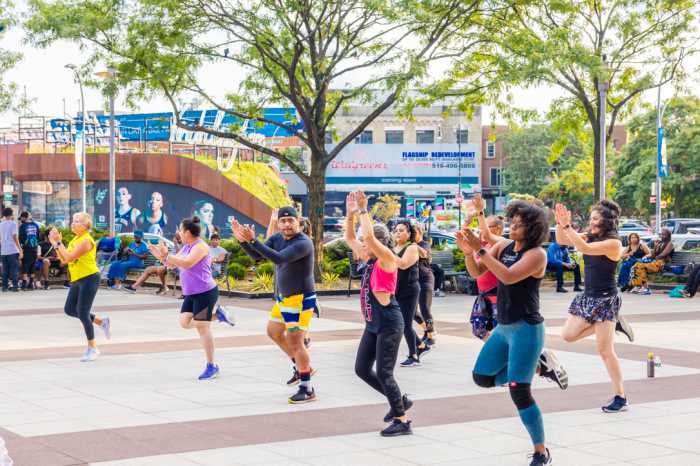On a rainy Saturday morning in Harlem, attendees gathered for the 32nd annual Juneteenth parade and street festival, held as an early celebration of the historic holiday. Despite the weather, the event brought out floats, food vendors, and local leaders honoring Juneteenth.
Through the raindrops, Harlem residents reveled in the 32nd annual Juneteenth Parade and Street Festival on Saturday, June 14, five days ahead of the national holiday celebrating freedom for all Americans.
Juneteenth celebrates June 19, 1865, the day enslaved African Americans in Galveston, Texas, finally learned of their freedom—two and a half years after the Emancipation Proclamation.
Although the federal government only recognized Juneteenth in 2021, Harlem’s annual Juneteenth parade began in 1993 and has since become the longest-running parade in New York, commemorating this holiday for more than three decades.
“Juneteenth, as you know, has been celebrated since the 1800s,” said Imam Izak-El Pasha, founder of the parade and leader of the Masjid Malcolm Shabazz mosque, which organizes the event every year.
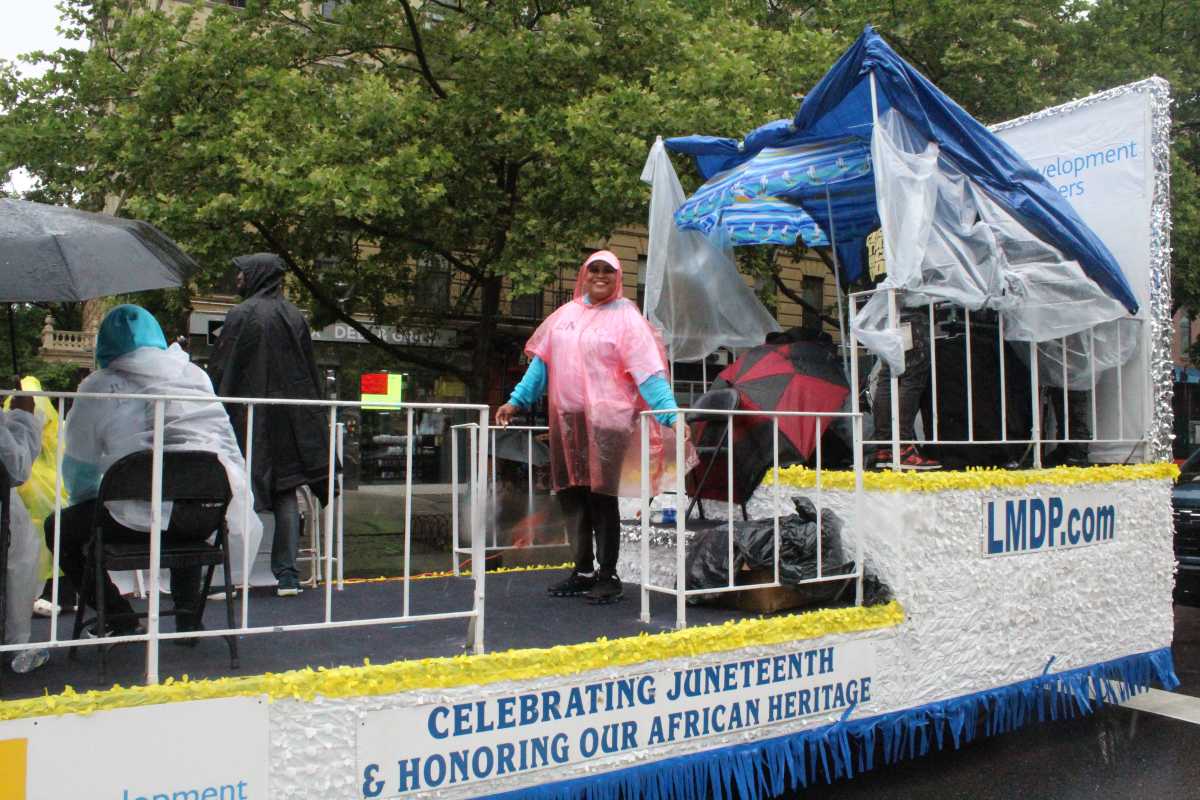
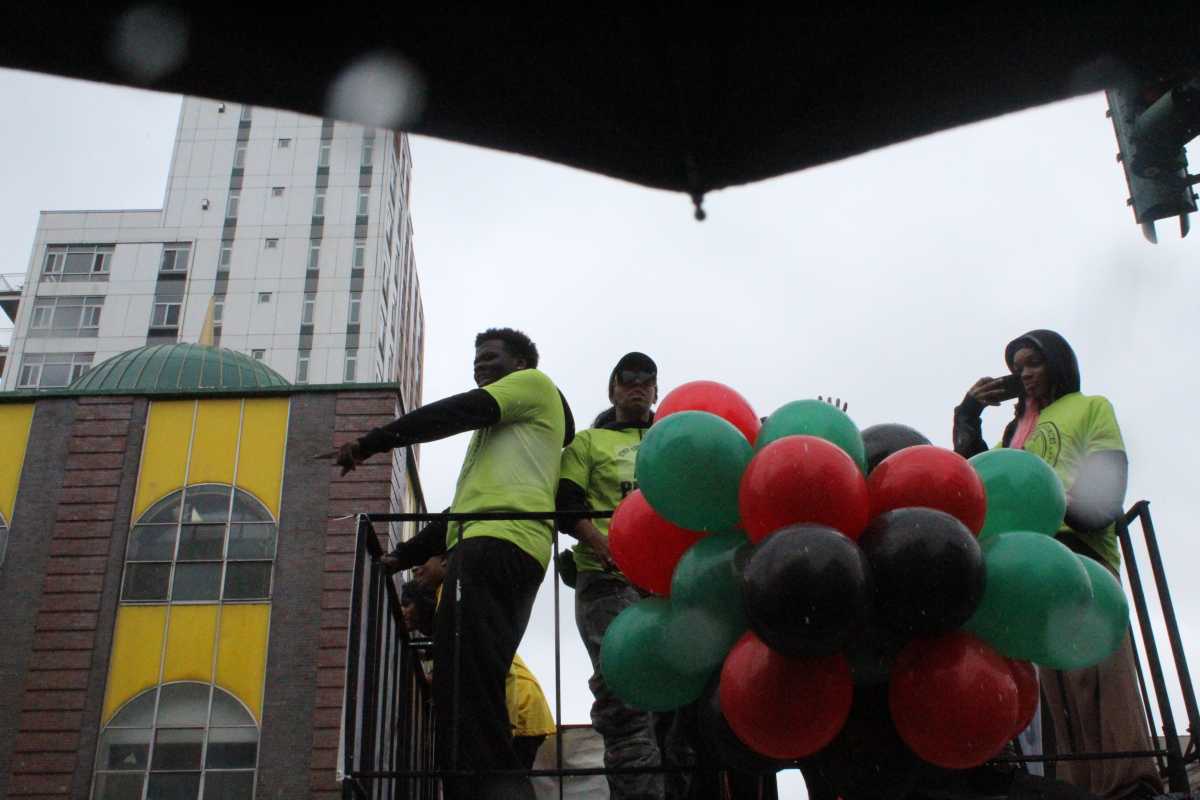
According to Pasha, the idea began with the former leader of the Nation of Islam, Imam Wallace D. Muhammad, who encouraged the community to get involved in celebrating the excellence of the African American community.
“He asked all of us, if there was not a celebration going on, then we should start it,” Pasha said.
This year’s parade began at noon on June 14, stepping off at 116th Street and Malcolm X Boulevard. Over a dozen decorated floats traveled to Frederick Douglass Boulevard, up to 125th Street, and looped back toward the starting point. Some spectators followed along the route, cheering and filming from the sidewalks.
“The parade is a symbol of actually just a great expression of the things that are going on today and in our country, America—to look for the dignity in every human being,” said Pasha. “To have respect for the dignity of human life in general, but the respect for the diversity, and to see that diversity as legs for progress, not for racism.”
After the parade, the celebration continued with a street festival and a community program. The program began with a speech and prayer led by Grand Marshal Ade Rasul, followed by a Panamanian band performing both the United States national anthem and the Black national anthem. Pasha and local state Sen. Cordell Cleare also gave speeches, during which nine individuals were honored for their contributions to the Harlem and Black communities. The honorees—representing fields such as the arts, environmental advocacy, education, and community organizing—included Ralph Carter, Peggy Shepard, Dr. Leroy Gadsen, Kristin Fayne-Mulroy, Lehman Jake McGhee, Charles Asukile Mitchell, Ganeen Dean, Alvin Lee Smalls, and Cleare herself.
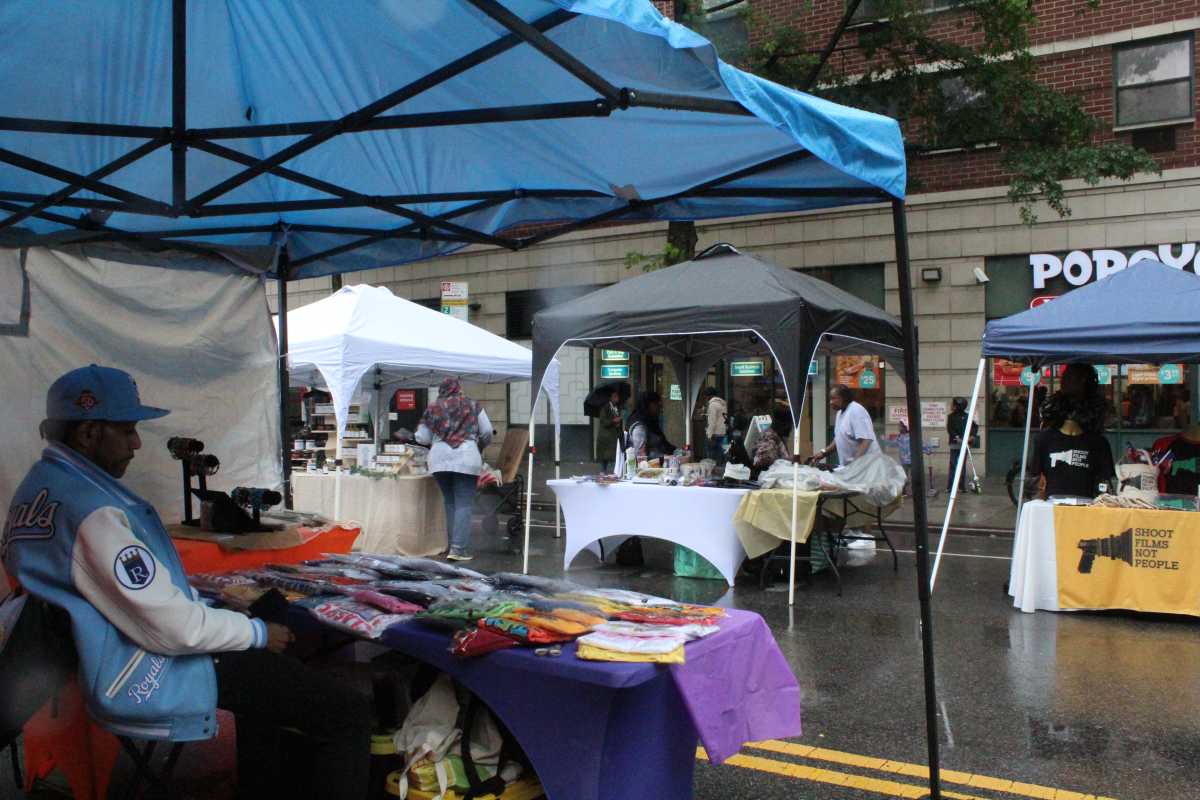
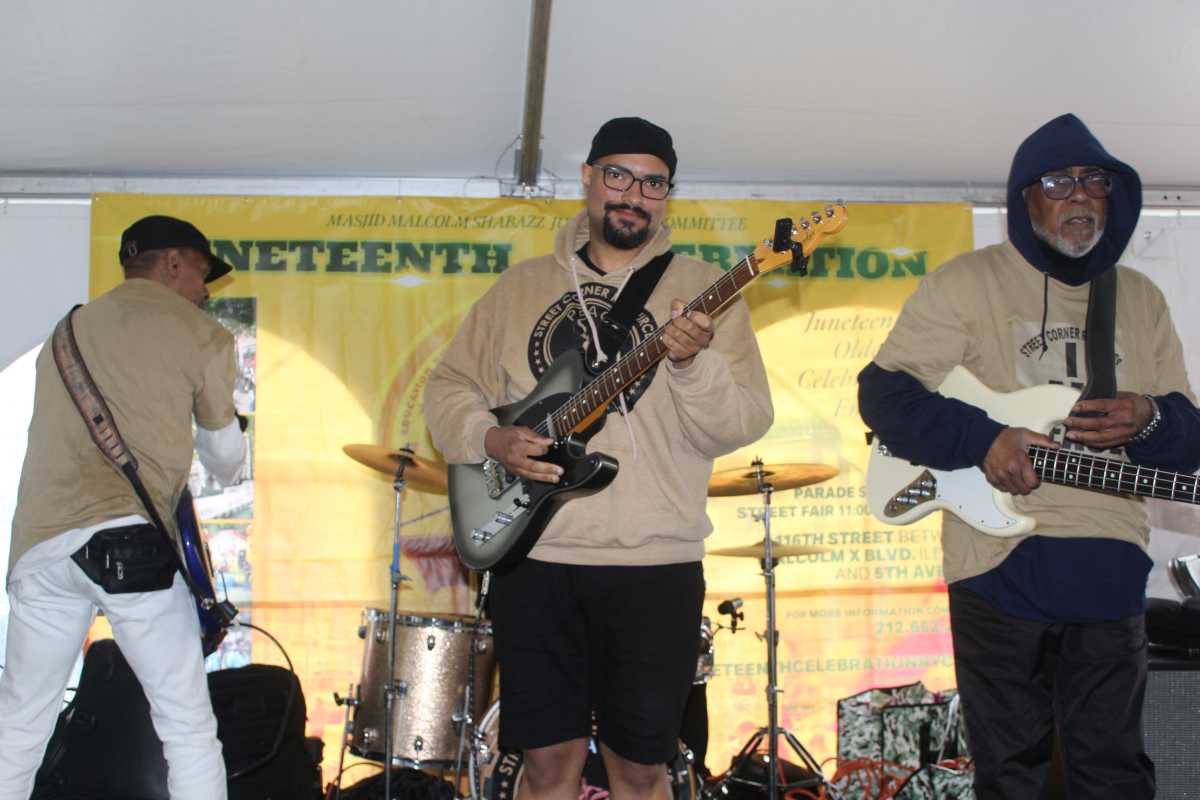
Cleare, a longtime attendee who has been to all 32 parades, said her favorite part of participating in the parades is seeing how public awareness of Juneteenth has grown over the years.
“Now it is the fact that everybody knows what Juneteenth is,” she said. “When we first started this, well, what is that—Juneteenth? And we’d always be educating people. But it has really become a joy now that more people know what Juneteenth is and what it represents.”
In addition to the increased awareness, Cleare noted the event’s impact on local businesses.
“Love to see the vendors, as you see additional vendors out here. So that’s always a good thing,” she said. “I love economic development, but also just the culture and the talent that’s out here.”
The street festival included dozens of vendors selling goods ranging from Ghana Kente fans to body creams.
Joshua Fraser, owner of Josh’s Soul Food and a first-time vendor, said the street festival was a good experience.
“I would probably do it again next year. Yeah, I’m happy for the invite,” he said.
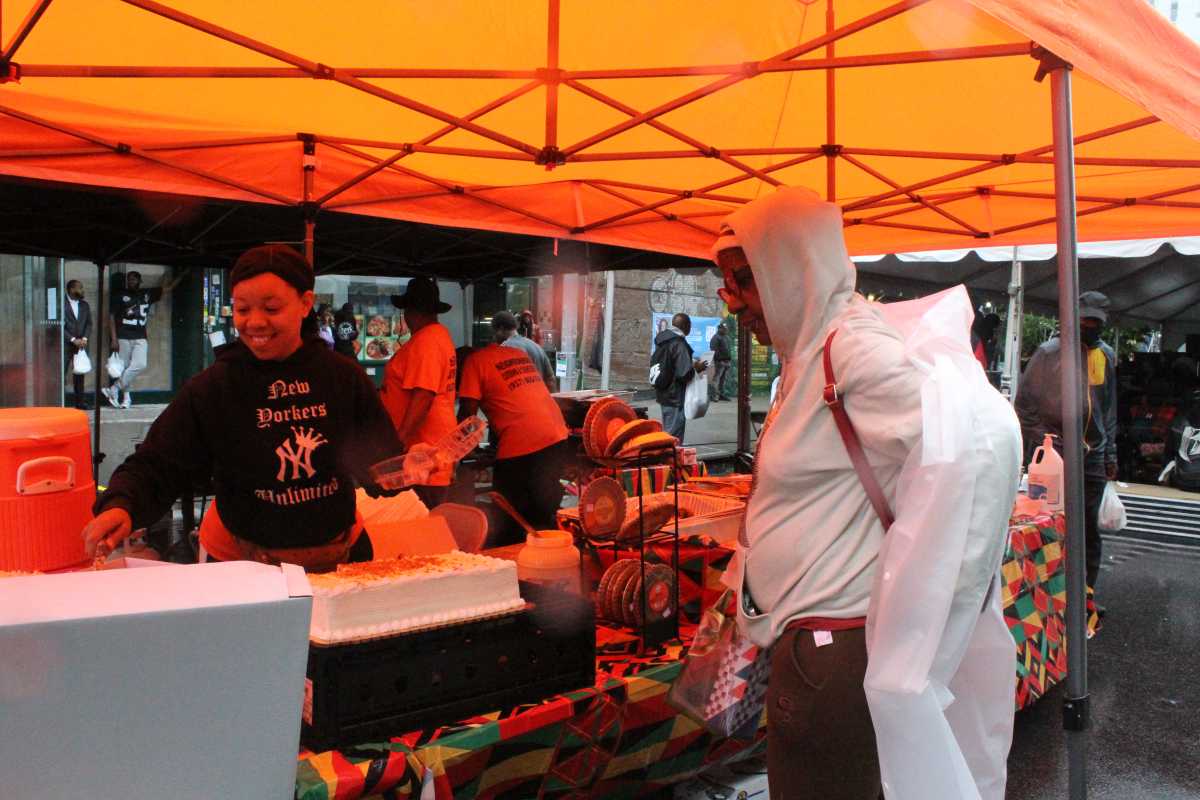
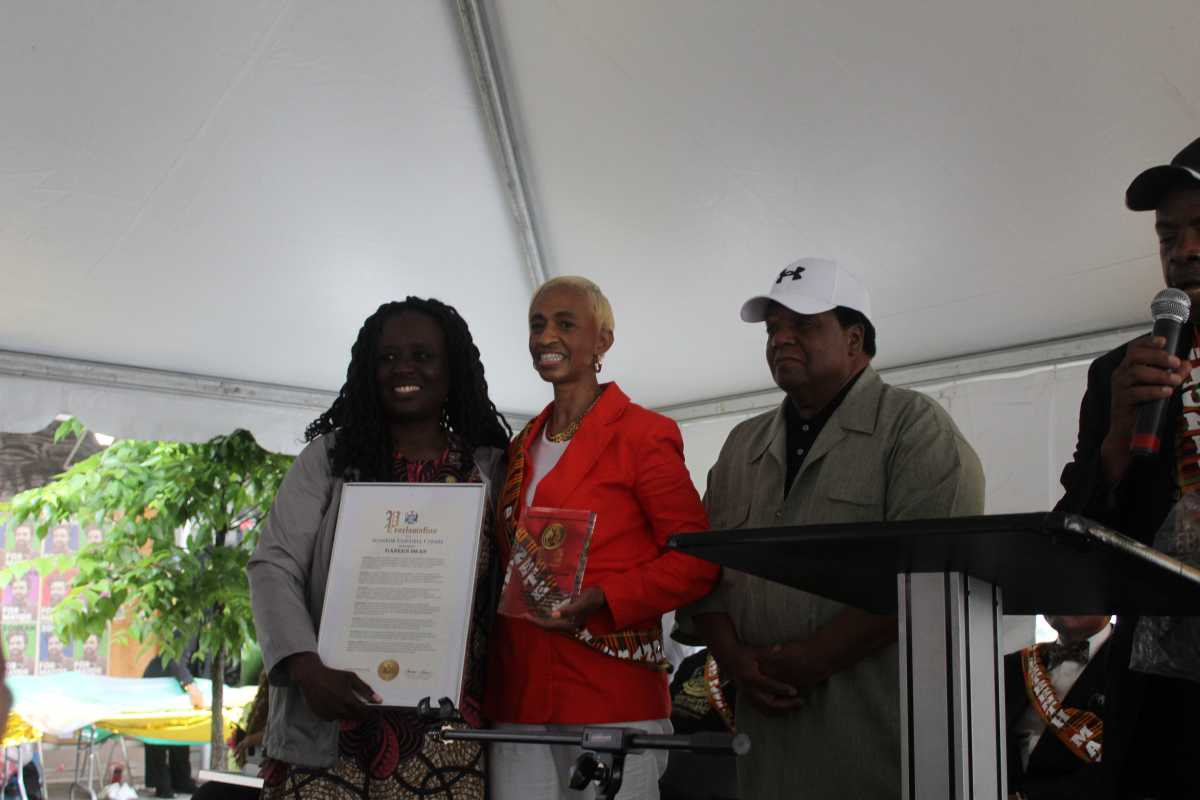
Maya Baker, a filmmaker, writer, and owner of Shoot Films, also participated for the first time. Originally launched as a production company, Shoot Films has evolved into an apparel brand focused on anti-violence advocacy. While rain slowed business, Baker said she appreciated the spirit of the day. “The one thing about New York is that even with rain, people come out,” she said.
The program wrapped up with musical performances, ending the day on a celebratory note. Reflecting on his favorite part of the parades, Pasha said it’s always the people.
“On the great days when it’s really sunny and everything else—the people be cheering, and they be clapping as we walk through Harlem. Family members, children, people from all walks of life, because Harlem–everybody’s here from all the nations. We’re here,” said Pasha.
Looking ahead, Pasha hopes the event continues to expand in scope and impact. The idea, he said, is to build business, strengthen education, and address current concerns, such as the kind of education children are receiving, or not receiving, and the environments that lead them to prisons, shootings, and other systemic issues.
“All of that is part of addressing that unique life that we all want,” he said. “And we invite all people to join.”
